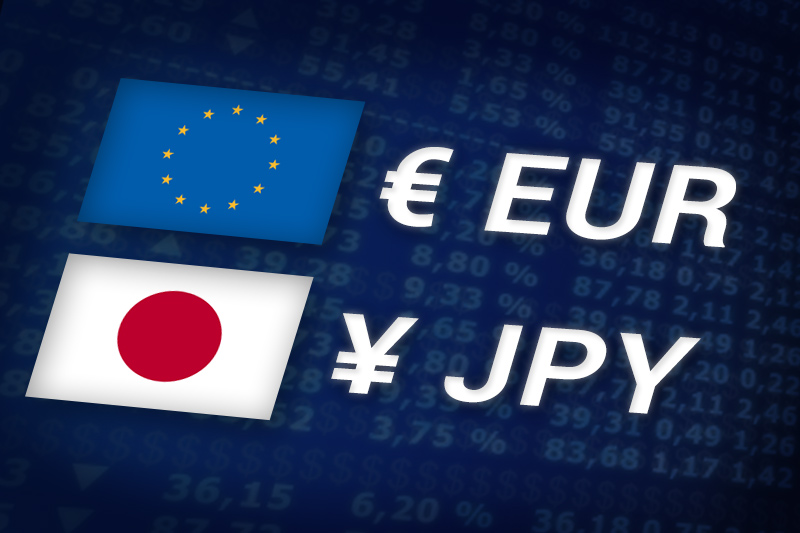Investing.com – The euro erased losses against the yen on Thursday, amid speculation that a controversial referendum on Greece’s bailout deal would not go ahead and after the European Central Bank’s unexpected decision to cut interest rates.
EUR/JPY pulled back from 106.58, the pair’s lowest since Tuesday; to hit 107.35 during U.S. morning trade, inching up 0.05%.
The pair was likely to find support at 106.48, Monday’s low and resistance at 107.90, the days high.
In Greece, Prime Minister George Papandreou’s government was on the brink of collapse after several ministers said they did not support his plan for a referendum on the bailout agreement for the country, agreed on last week.
Speaking through a spokesman, Mr. Papandreou said he was open to talks with the main opposition party to discuss demands for a caretaker government, possibly eliminating the need for a vote on the bailout package.
Earlier in the day, the ECB cut its benchmark interest rate from 1.5% to 1.25%, as the region’s escalating debt crisis overshadowed concerns over persistently high inflation.
Speaking at the bank’s post policy meeting press conference, new president Mario Draghi said that "inflation has remained elevated" and is likely to remain above 2% for "some months to come", but is expected to fall below that threshold during 2012.
Mr. Draghi said ongoing tensions in financial markets could slow the pace of growth in the euro zone and said the region’s economy continued to be “subject to particularly high uncertainty and intensified downside risks.”
"What we are observing now is ... slow growth heading towards a mild recession by year end," he said.
The euro erased losses against the U.S. dollar, with EUR/USD rising 0.15% to hit 1.3775.
Also Thursday, leaders from the G-20 group of nations were meeting in Cannes to discuss a range of issues, including the implications of a Greek default or possible euro zone exit.
EUR/JPY pulled back from 106.58, the pair’s lowest since Tuesday; to hit 107.35 during U.S. morning trade, inching up 0.05%.
The pair was likely to find support at 106.48, Monday’s low and resistance at 107.90, the days high.
In Greece, Prime Minister George Papandreou’s government was on the brink of collapse after several ministers said they did not support his plan for a referendum on the bailout agreement for the country, agreed on last week.
Speaking through a spokesman, Mr. Papandreou said he was open to talks with the main opposition party to discuss demands for a caretaker government, possibly eliminating the need for a vote on the bailout package.
Earlier in the day, the ECB cut its benchmark interest rate from 1.5% to 1.25%, as the region’s escalating debt crisis overshadowed concerns over persistently high inflation.
Speaking at the bank’s post policy meeting press conference, new president Mario Draghi said that "inflation has remained elevated" and is likely to remain above 2% for "some months to come", but is expected to fall below that threshold during 2012.
Mr. Draghi said ongoing tensions in financial markets could slow the pace of growth in the euro zone and said the region’s economy continued to be “subject to particularly high uncertainty and intensified downside risks.”
"What we are observing now is ... slow growth heading towards a mild recession by year end," he said.
The euro erased losses against the U.S. dollar, with EUR/USD rising 0.15% to hit 1.3775.
Also Thursday, leaders from the G-20 group of nations were meeting in Cannes to discuss a range of issues, including the implications of a Greek default or possible euro zone exit.
